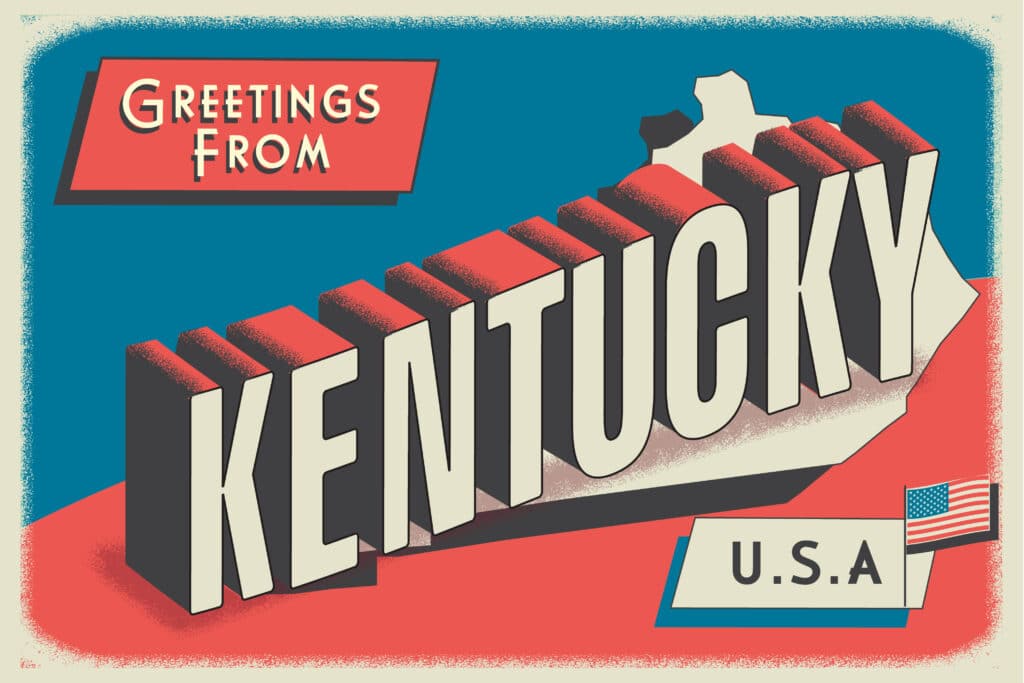

Creating efficiency and speed for agents and brokers is a major topic in this podcast sponsored by BrokerTech Ventures.
Jeff Lobman, assistant vice president for digital and head of innovation, and Bob Pick, CIO and executive vice president, both at Tokio Marine North America, discuss how they stay on top of brokers’ operational and customer service needs, balancing automation and human interaction, and what’s next for insurers and the internet of things.




